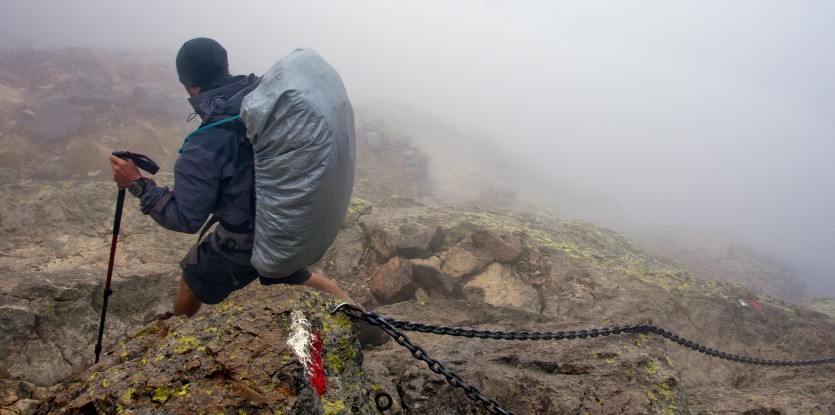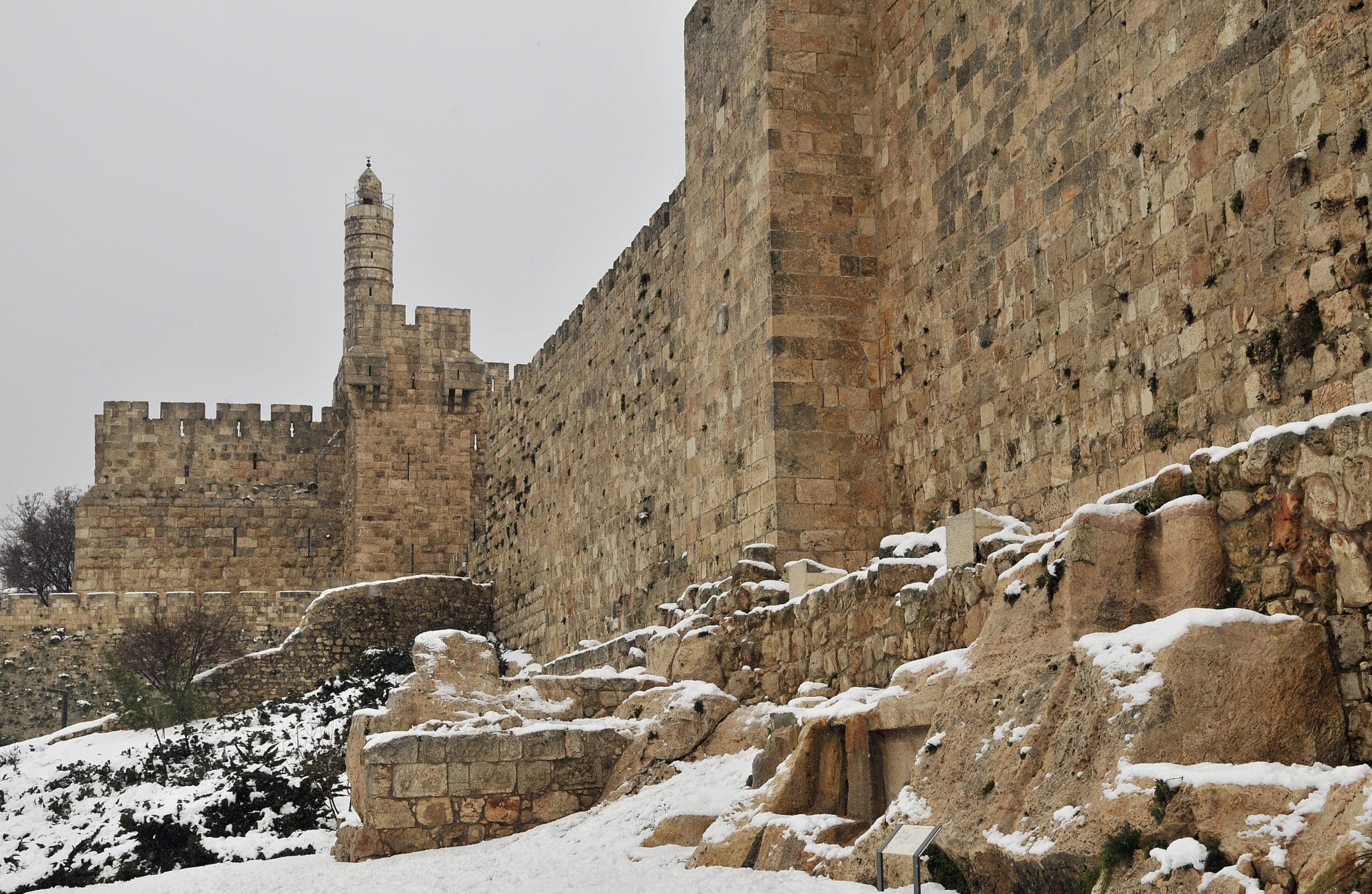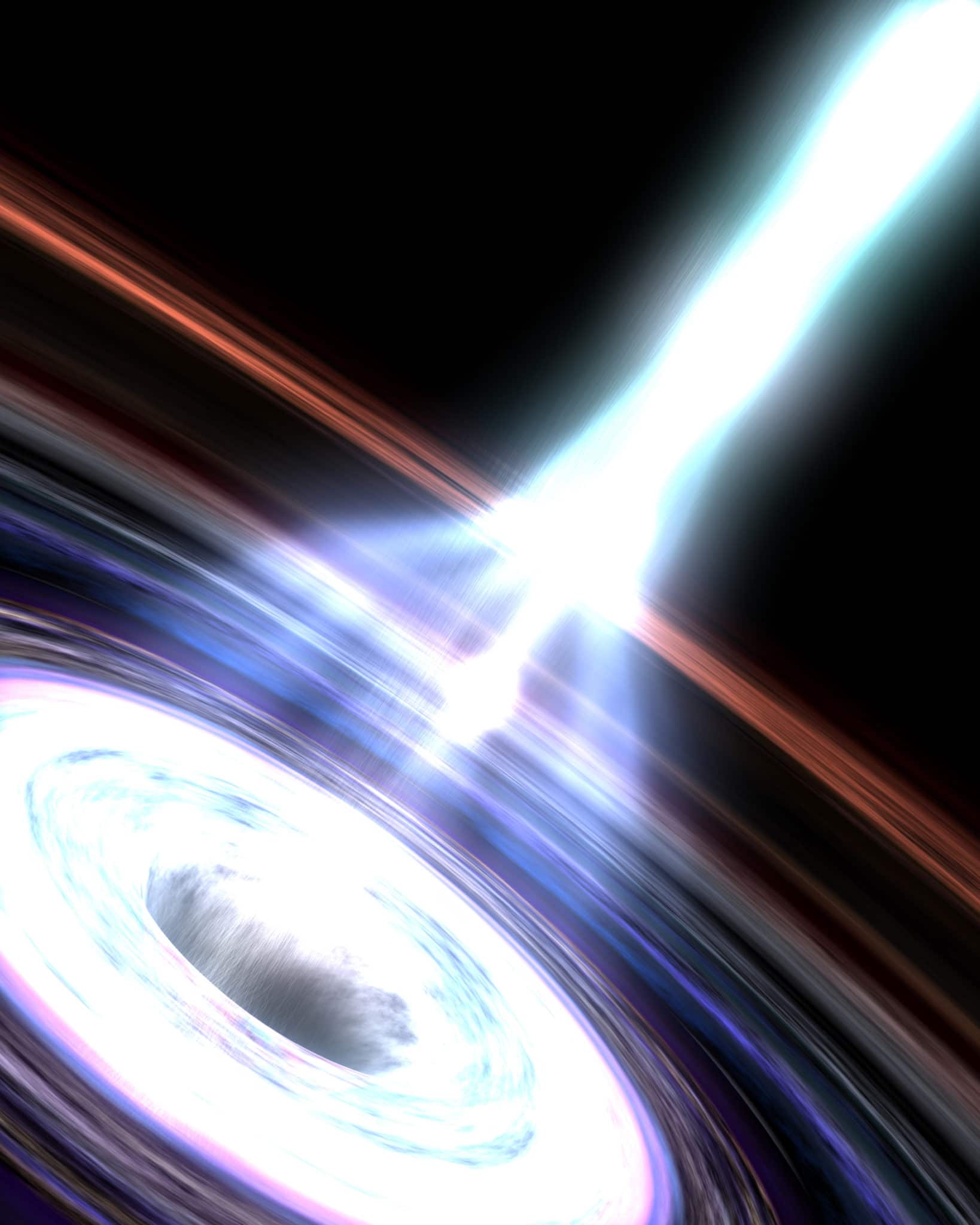End of Book Two
As Israel goes through waves and waves of agony and America embarks on its unknown journey into the Biblical depths of Middle Eastern tribalism – and we are all left reeling in uncertainty – we read the conclusion of book two of the Torah, the book of Exodus.
Though this book begins with the enslavement of Israel by the Egyptians and their terrible oppression for 210 years, our sages call Exodus the “Book of Redemption,” the “book in which Israel goes from darkness to light.” Following the deep exile in Egypt, the continuing chapters of Exodus relate the account of the redemption of the Jewish people, followed by their receiving the Torah at Sinai. Finally the book concludes this week with the erection of the Holy Mishkan (portable Sanctuary), nearly a year after the Exodus from Egypt.
These three major events – Exodus, Sinai and the Sanctuary – are the three pillars which define life for us today and at all times. Especially in cataclysmic times of upheaval, these pillars serve as secure bearings that can help us find our way amidst chaos.
Exodus from Egypt opened the door of freedom for all time. It empowers us with the ability to transcend our limits and constraints.
Sinai gives us the blueprint to integrate freedom in each aspect of our lives.
The Sanctuary fulfills the purpose of existence: “Build me a Sanctuary and I [G-d] will dwell amongst you.” To build a home for G-d within our material lives.
The Mishkan consummates the Sinai experience which culminates the Exodus from Egypt. And these three events tell us how to build our lives today.
In the first Book of Genesis the stage is set. All the characters that will shape civilization to come are in place: Abraham, Sarah, Ishmael, Isaac, Esau, Jacob, Joseph and his brothers (see at length the essay’s of those weeks). Everything that will transpire in the real world happens in microcosm in the first book. Everything that happened to the patriarchs is an indication for their children.
The second Book of Exodus begins life in the real world, and the seeds planted by Abraham, Isaac and Jacob now begin to take hold. The tools we inherit from them give us the power to be freed from all forms of oppression (Exodus), to be open to receive a higher wisdom than our own (Sinai) and to build a home for G-d in this physical world (Mishkan). Moses finishes the process that began seven generations ago with Abraham.
This message is appropriate today more than ever.
As we face the mitzrayim in our lives today – oppressive enemies from without and within – we can easily succumb to the natural resignation that life is just too overwhelming. We can feel powerless amidst all the intense events happening around us. The enemy within is even more debilitating: When external chaos creates internal fear, it destabilizes our basic functional tools and undermines our inner confidence.
Exodus tells us that we can free ourselves from all forms of mitzrayim. Every type of oppression is named after mitzrayim, including the staggering events of our time. Just as we were freed then, we are promised that we can be freed today.
Hold on to that promise.
But then the question arises: Even when we find freedom how can we maintain and integrate it in our daily lives?
Every lasting form of freedom begins to erode our determination. How do we avoid complacency from settling in as we get accustomed to our freedoms? The answer to this is: Sinai. The Torah offers us a blueprint for life that keeps us awake and aware to the true realities around us. It does not allow us to be lulled into illusions of our own making.
But even if we are aware, what happens with the world around us? We are not an island to ourselves; as strong as our resolve may be, we see time and again how the forces of society bring the most determined to their knees. We begin our lives being idealistic, we dream of changing the world into a better place, and then the ‘realities’ of life take over, turning us into conformists.
How can we prevent that from happening? By changing the world before it changes you. By influencing others before they influence you. By building a Mishkan from our material world. By taking our gold, silver and copper – all our material possessions, our skills and our opportunities – and transforming them into spiritual vehicles. The nature of materialism is such that if you don’t affect it first, it will affect you. Materialism is like an invisible shroud that slowly envelops and seduces us into feeling that there is nothing else but this outer layer of existence.
This does not mean that the material world is a bad place. It just tells us the nature of its personality. “Tevah” is the Hebrew word for ‘nature.’ “Tevah” also means: Submerged. Like objects submerged in water, the inner, true nature of our beings, the deeper spirituality within existence, lies submerged in the natural order of the universe.
We are charged with the mission and power to free the inner forces. And we do this by building a Sanctuary from the material world.
Nothing less will allow us the ability to subdue and control the world’s upheavals.
May we embrace the first two books we are just concluding as we go from darkness to light. May we experience true redemption – both personal and universal, with an end to hostilities wherever they may be.
So, as we close book two, we need to realize that the events of today are not new. Our present experiences are not happening in a vacuum. We are midgets standing on the shoulders of giants. As grueling as today’s events may be, we have the accumulative power from generations past to overcome any challenge. Those that came before us prepared the ground well; we need but hold on to them and their commitments. And then we can also hold onto their promises.
Close to 4000 years ago G-d promised Abraham that his children would be as plentiful as the stars in heaven. Turn the clock four millennia forward and behold: The promise was fulfilled! As skeptical as you may be, this fulfilled promise is hard to deny.
And it doesn’t end there. The world battles today are between the children of Abraham. Doesn’t it make sense then to find out what G-d told Abraham about these battles and what we can do about them?
What G-d told him is that I am giving you a system that will empower you to face any challenge. A system of three steps: Exodus from oppression, Torah at Sinai, and building a Mishkan.
As we conclude book two, we must ask ourselves: Are we ready to enter book three? Are we ready to begin the actual service in the Temple, the day to day work of refining and transforming the material world into a Divine dwelling place?








Comments are closed.